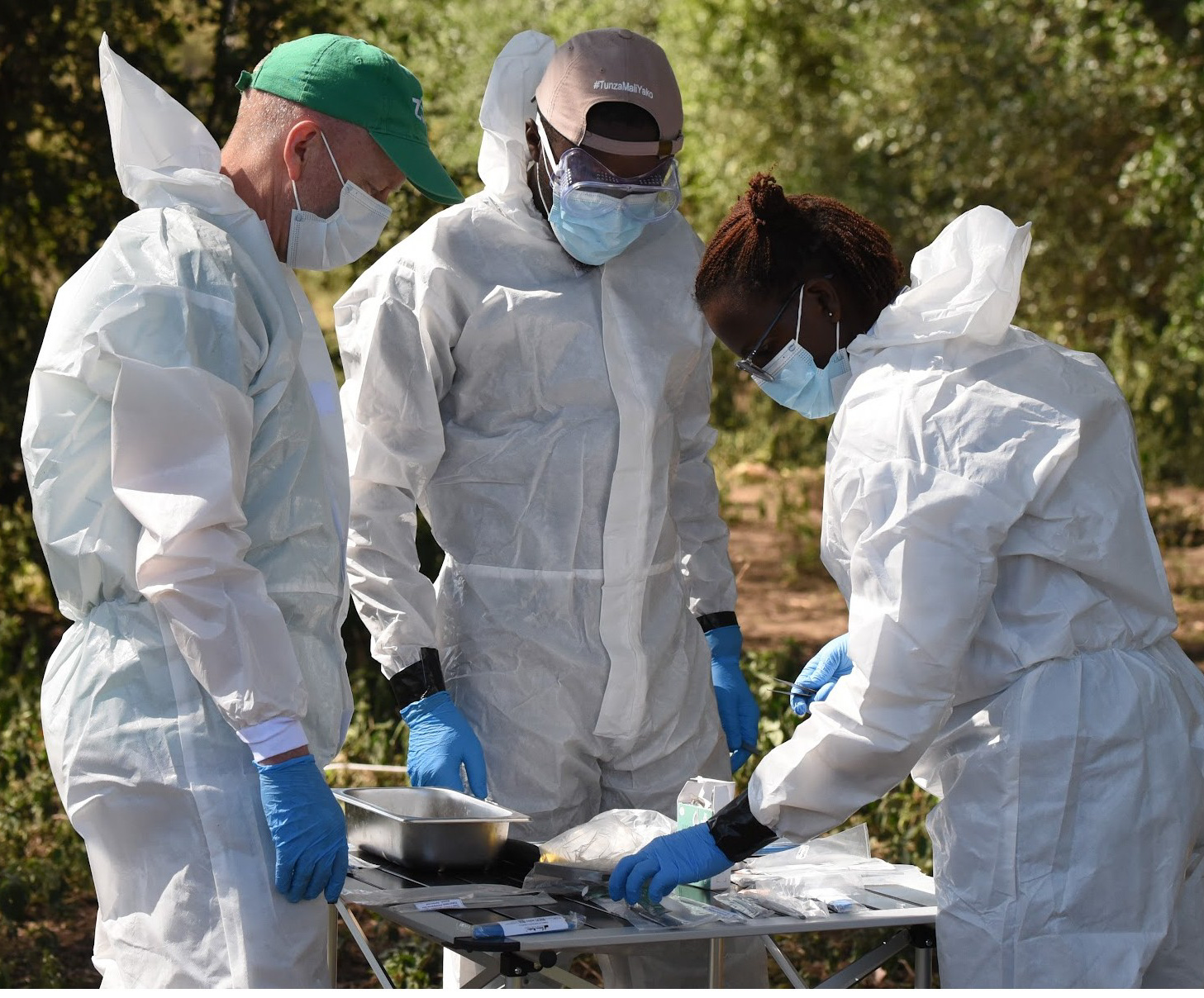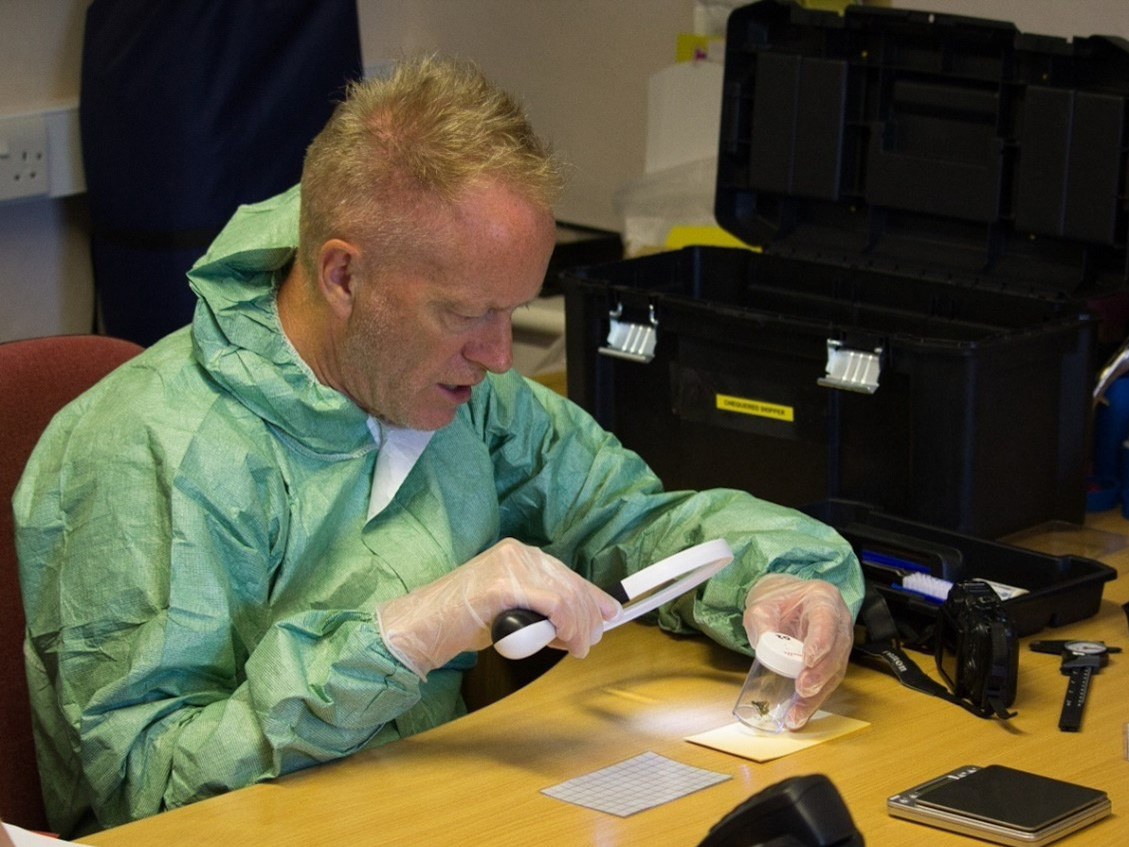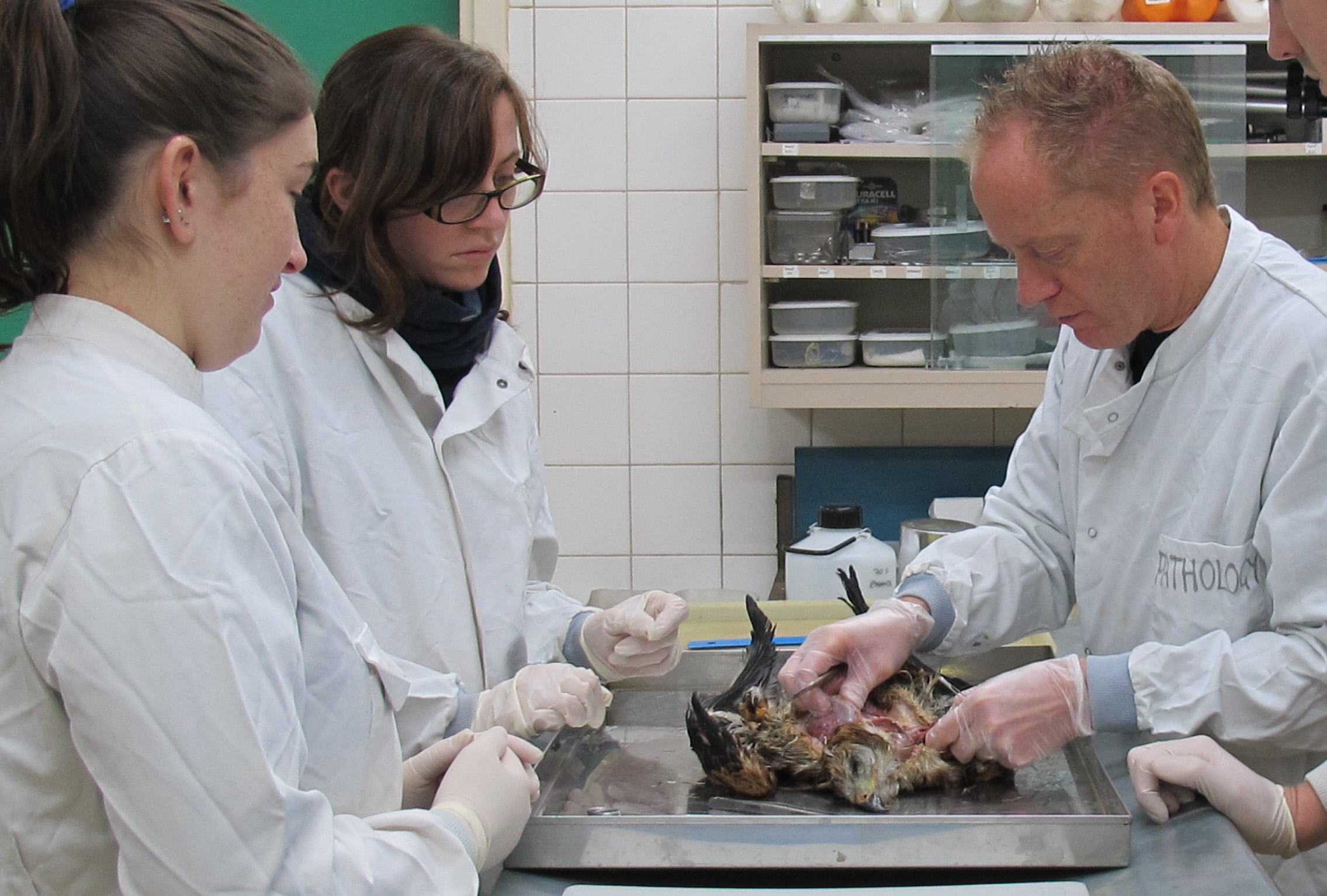Dr Tony Sainsbury
BVetMed MRCVS CertZooMed DVetMed DipECZM (Wildlife Population Health) PGCAP FHEA


Wildlife Population Health
Dr Tony Sainsbury
BVetMed MRCVS CertZooMed DVetMed DipECZM (Wildlife Population Health) PGCAP FHEA
Tony lead a team which developed a method for disease risk analysis for conservation translocations of wild animals, for example reintroduction programmes, to try and combat the effects of disease on rare species, having seen first-hand the catastrophic effects of squirrelpox on red squirrel populations in the UK, the subject of his doctoral research.
Tony has forty years’ experience of pathological examination of endangered wild animals, and of teaching and developing courses in wild animal health at Masters’ level, including the internationally acclaimed Interventions in Wild Animal Health (IWAH) course which runs in India and Kenya.
Contact Tony on tonysainsbury@wild-animal-health.com
Dr Tony Sainsbury
Investigating disease threats to wild animals
Tony has forty years’ experience of pathological examination of endangered wild animals, and of teaching and developing courses in wild animal health at Masters’ level, including the internationally acclaimed Interventions in Wild Animal Health (IWAH) course which runs in India and Kenya.





Dr Tony Sainsbury
Selected Publications – Dr Tony Sainsbury
A total of 234 scientific publications on wild animal health from 1987 including:
Sainsbury AW, Chantrey J, Ewen JG, Gurnell J, Hudson P, Karesh WB, Kock RA, Lurz PWW, Meredith A, Tompkins D 2020. Implications of squirrelpox virus for successful red squirrel translocations within mainland UK. Conservation Science and Practice. https://doi.org/10. 1111/csp2.200
Peters H, Sadaula A, Masters N and Sainsbury AW 2020. Risks from disease caused by Mycobacterium orygis as a consequence of Greater one-horned Rhinoceros (Rhinoceros unicornis) translocation in Nepal. Transboundary and Emerging Diseases DOI: 10.1111/tbed.13389
Dalziel AE, Sainsbury AW, McInnes K, Jakob-Hoff R, Ewen JG 2017. A comparison of disease risk analysis tools for conservation translocations. Ecohealth 14: S30-S41
Vaughan-Higgins RJ, Masters N, Sainsbury AW 2017. Biosecurity for translocations: cirl bunting (Emberiza cirlus), Fisher’s estuarine moth (Gortyna borelii lunata), short-haired bumblebee (Bombus subterraneus) and pool frog (Pelophylax lessonae) translocations as case studies. Ecohealth 14: S84-S91
Rideout B, Sainsbury AW, Hudson PJ 2017. Which Parasites Should We Be Most Concerned About in Wildlife Translocations? Ecohealth 14: S42-S46
Bobadilla Suarez, M, Ewen, JG, Groombridge JJ, Beckmann K, Shotton J, Masters N, Hopkins T, Sainsbury AW 2017. Using Qualitative Disease Risk Analysis for Herpetofauna Conservation Translocations Transgressing Ecological and Geographical Barriers. Ecohealth 14: S47-S60
Sainsbury AW, Yu-Mei R, Ågren E, McGill IS, Molenaar F, Peniche G, Vaughan-Higgins RJ, Foster J 2017. Disease risk analysis and post-release health surveillance for a reintroduction programme: the pool frog Pelophylax lessonae. Transboundary and Emerging Diseases 64: 1530–1548 doi:10.1111/tbed.12545.
Sainsbury AW, Vaughan-Higgins RJ. 2012. Analyzing disease risks associated with translocations. Conservation Biology 26: 442-452.
